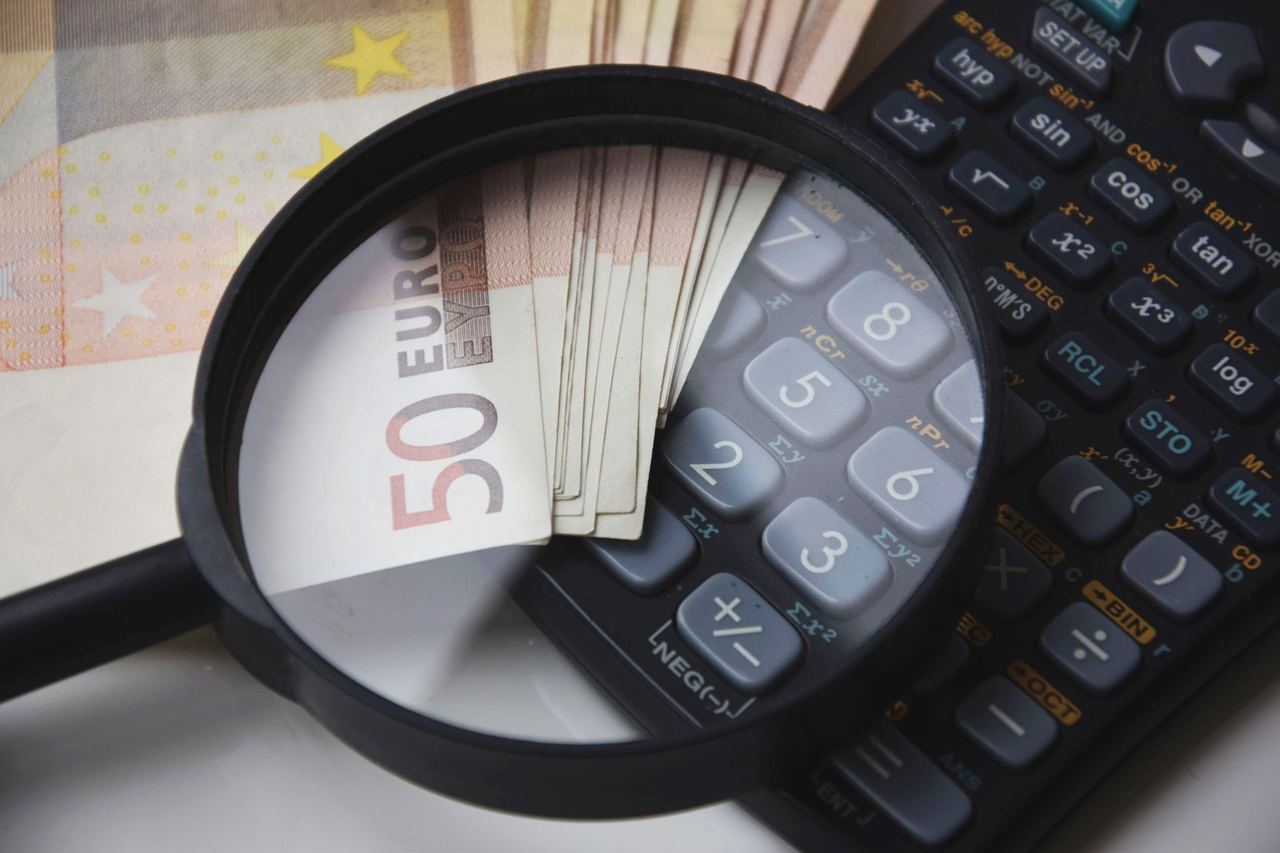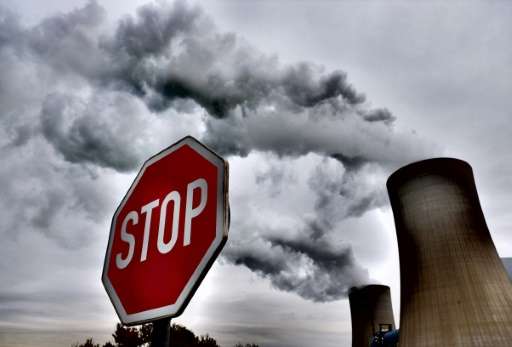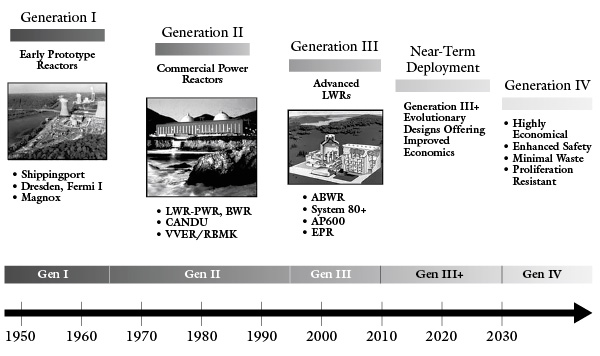Import
Energy autonomy is a strategic goal for any modern state, especially amid the challenges of climate change and the instability of international energy markets. Greece, with its particular geographical location and growing energy needs, is at a critical crossroads of decisions for its energy future. One of the options being discussed internationally, although not extensively in Greece, is nuclear energy. But how many nuclear reactors would be really needed to cover the country's energy needs?
The current energy situation of Greece
Greece consumes approximately 50-55 TWh of electricity annually. The country's energy mix has changed significantly over the last decade, with a gradual reduction in dependence on lignite and an increase in renewable energy sources (RES) and natural gas.
The distribution of electricity production includes:
- Lignite (approx. 15-20%)
- Natural gas (approx. 35-40%)
- Renewable energy sources (approx. 30-35%)
- Hydroelectric (approx. 10%)
- Imports (approx. 5-10%)
Greece has set ambitious goals for reducing greenhouse gas emissions and transitioning away from fossil fuels under the European Green Deal.
Nuclear energy: Basic characteristics
Modern nuclear reactors have significant electrical power generation capacity. The most common types of nuclear reactors built today have a capacity of between 1,000 and 1,600 MWe (megawatts of electrical energy).
For example:
- The European Pressurized Water Reactor (EPR) has a power of approximately 1,650 MWe
- Westinghouse's AP1000s have a power of approximately 1,100 MWe
- Russia's VVER-1200s have a capacity of about 1,200 MWe
A typical 1,200 MWe nuclear reactor operating at a load factor of 90% (which is typical for nuclear power plants) can produce approximately 9.5 TWh of electricity per year.
How many reactors would Greece need?
Based on Greece's annual electricity consumption (approximately 50-55 TWh), we can calculate the number of nuclear reactors that would be needed to fully cover the country's needs:
50-55 TWh ÷ 9.5 TWh per reactor = 5-6 reactors
Therefore, theoretically, 5-6 modern technology nuclear reactors with a capacity of 1,200 MWe each could cover all of Greece's electricity needs.
However, in practice, no energy system relies solely on a single energy source for security of supply and load management reasons. Therefore, a more realistic scenario would include:
- 2-3 nuclear reactors that would cover the base load (40-60% of needs)
- Renewable energy sources for the 30-40% of needs
- Energy storage systems and natural gas plants to cover peak demand and balance the grid
Economic data
The cost of building a modern nuclear reactor ranges between 6-9 billion euros, depending on the type and location. This translates to approximately 5,000-7,500 euros per kilowatt of installed power.
For Greece, the construction of 3 nuclear reactors would require an initial investment of around 18-27 billion euros. This is a significant investment, but it should be considered in the context of:
- The lifespan of reactors (60+ years for modern designs)
- The relatively low operating costs
- The stability of nuclear fuel prices
- Zero carbon footprint during operation
The levelized cost of electricity (LCOE) for nuclear power plants ranges between 60-140 euros/MWh, depending on the financing rate and other factors.
Challenges and limitations
Geographical and seismic constraints
Greece is located in a seismically active region, which increases the technical challenges for the safe construction and operation of nuclear facilities. This does not rule out nuclear power, as countries with similar seismic activity such as Japan have extensive nuclear programs, but it requires advanced earthquake-resistant designs and additional safety measures.
Technical challenges
The Greek electricity grid would need significant upgrades to support large nuclear power plants. Furthermore, the interconnection of island regions remains a challenge, although nuclear power could support a stable energy supply for mainland regions.
Social acceptance
Public acceptance of nuclear power in Greece is limited, influenced by historical accidents such as Chernobyl and Fukushima. A nuclear power program would require extensive public information and consultation.
Waste management
Nuclear waste management is a significant challenge that requires long-term storage and management solutions. Greece would need to develop infrastructure and an institutional framework for the management of this waste.
Alternative solutions and complementary approaches
Instead of immediately turning to nuclear energy, Greece could focus on:
- Further development of renewable energy sources, utilizing its rich solar and wind potential
- Investments in large-scale energy storage systems
- Smart grids and demand management
- Interconnections with neighboring countries to enhance security of supply
- Small Modular Reactors (SMRs) as a future option with lower initial cost and greater flexibility
Conclusions
Theoretically, 5-6 modern nuclear reactors could cover all of Greece's electricity needs, but a more realistic and balanced scenario would include 2-3 reactors supplemented by renewable energy sources and storage systems.
Introducing nuclear energy into Greece's energy mix would require careful planning, significant investment, and addressing technical and social challenges. However, it would offer energy security, price stability, and reduced carbon emissions.
The decision to develop nuclear power is multi-factorial and requires national dialogue, consensus and long-term commitment, as it affects many generations. The experience of other countries of similar size such as Finland, the Czech Republic or Bulgaria could provide useful lessons for Greece.
Regardless of the decision on nuclear power, Greece must continue to invest in renewable energy sources, energy efficiency, and smart grid technologies to create a sustainable and resilient energy system.



